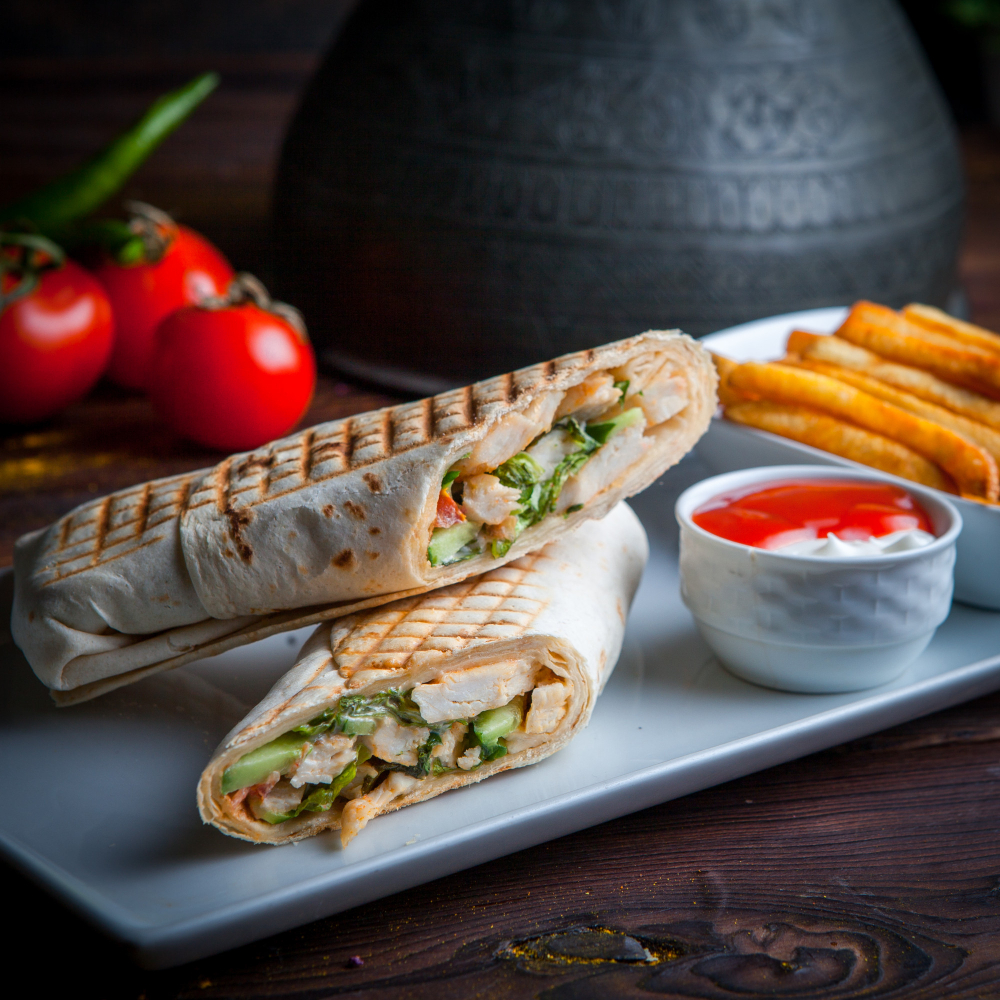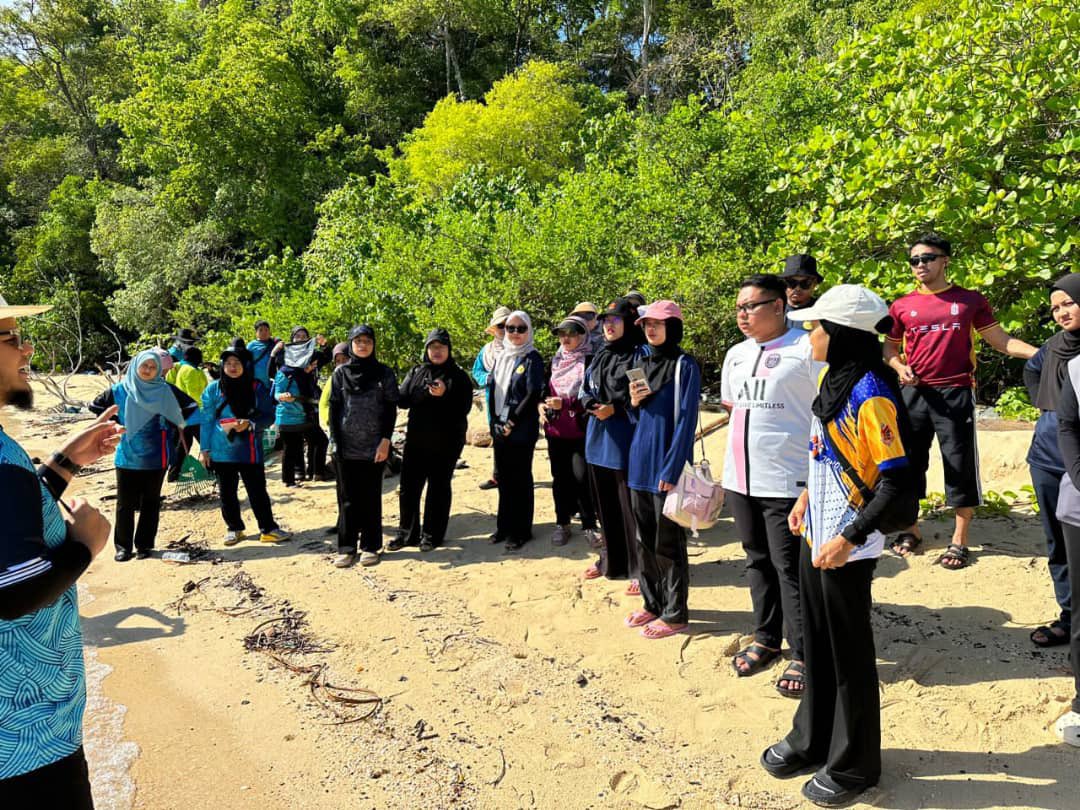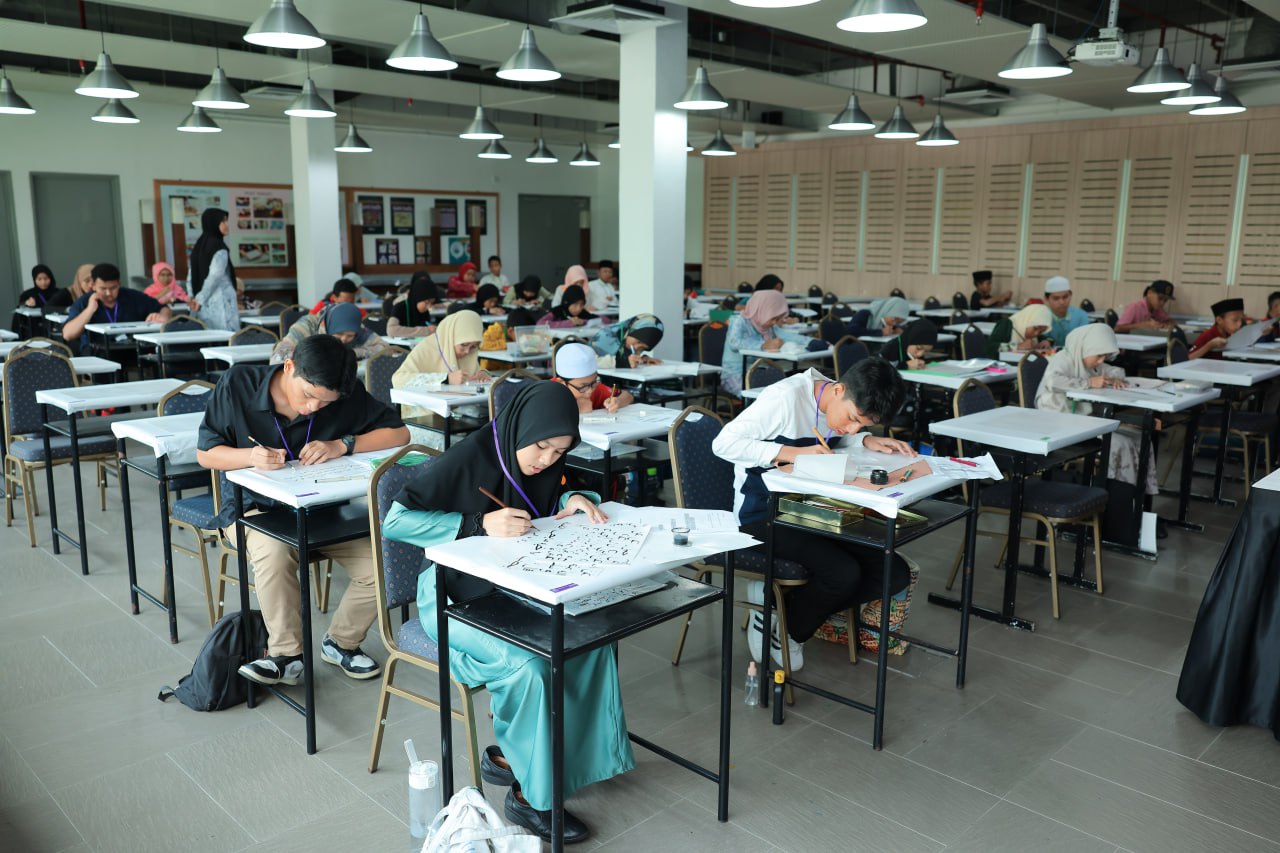Malaysia's Dynamic Islamic Tapestry: Nurturing Harmony and Diversity
Malaysia, a nation celebrated for its cultural tapestry, stands as a testament to the harmonious coexistence of various ethnicities and religions. At
Islamic Heritage in Malaysia: Nurturing Harmony Amidst Diversity
Malaysia, a nation celebrated for its cultural tapestry, stands as a testament to the harmonious coexistence of various ethnicities and religions. At the heart of this diversity lies the Islamic heritage, which plays a pivotal role in shaping the nation's identity. In this article, we delve into Malaysia's unique position as a predominantly Muslim nation, exploring the intricate interplay of different Islamic traditions and practices that contribute to the rich tapestry of Malaysian society.
Historical Context
To comprehend Malaysia's Islamic heritage, one must journey through the annals of history. Islam arrived in the region through trade routes, influencing the Malay Peninsula as early as the 7th century. Over time, the integration of Islamic principles into local customs gave rise to a distinct Malaysian Islamic identity. The historical amalgamation of diverse cultural influences, including Indian, Chinese, and indigenous traditions, created a vibrant and inclusive Islamic heritage.
Cultural Fusion
Malaysia's Islamic heritage is not a monolithic entity; rather, it is a mosaic of different Islamic traditions. The nation embraces a spectrum of practices, from the orthodox teachings of Sunni Islam to the mystical traditions of Sufism. This diversity fosters an environment where individuals, irrespective of their interpretation of Islam, coexist in mutual respect and understanding. Mosques stand as architectural marvels, reflecting the fusion of Islamic and local architectural styles.
Religious Tolerance
One of Malaysia's unique strengths lies in its commitment to religious tolerance. The Constitution guarantees freedom of religion, allowing various faiths to flourish alongside Islam. This inclusive approach has created a society where individuals of different religious backgrounds engage in dialogue and celebration, fostering a sense of unity amidst diversity. Interfaith dialogues and events are common, promoting understanding and tolerance among Malaysians.
Educational Institutions
Malaysia's educational institutions play a crucial role in preserving and promoting its Islamic heritage. Islamic studies are integrated into the national curriculum, ensuring that students are exposed to the richness of their cultural and religious heritage. Beyond formal education, religious scholars and institutions actively contribute to public discourse, emphasizing the values of compassion, justice, and community engagement rooted in Islamic teachings.
Culinary Delights
The diversity of Malaysia's Islamic heritage is not limited to religious practices but is also reflected in its culinary landscape. Malaysian cuisine is a harmonious blend of flavors influenced by Chinese, Indian, and indigenous traditions. Halal food, prepared according to Islamic dietary laws, is widely available, showcasing the adaptability of Islamic practices to local customs.
Challenges and Opportunities
While Malaysia has successfully navigated the coexistence of diverse Islamic traditions, it faces challenges. Issues such as conservative interpretations of Islam, interethnic tensions, and external influences pose ongoing challenges. However, these challenges also present opportunities for dialogue, understanding, and growth, reinforcing Malaysia's commitment to maintaining harmony within its diverse society.
Malaysia's Islamic heritage stands as a living testament to the nation's commitment to harmony amidst diversity. The fusion of different Islamic traditions, coupled with a dedication to religious tolerance, has created a society that cherishes its rich cultural tapestry. As Malaysia continues to evolve, its Islamic heritage serves as a guiding force, fostering unity and understanding in a world that often grapples with division.
Preserving Heritage in the Modern Era
In the midst of Malaysia's rapid modernization, efforts to preserve its Islamic heritage have gained prominence. Digital platforms and museums showcase the historical evolution of Islam in the region, providing a bridge between the past and present. These initiatives not only educate the younger generation but also serve as a reminder of the resilience and adaptability embedded in Malaysia's Islamic heritage.
Interfaith Initiatives
Interfaith initiatives in Malaysia play a crucial role in nurturing understanding and collaboration among different religious communities. Collaborative events, such as interfaith dialogues, joint community service projects, and shared celebrations, contribute to the fabric of Malaysia's religious harmony. These initiatives highlight the common values shared among diverse religious groups while respecting the distinctiveness of each faith.
International Influence
Malaysia's Islamic heritage is not confined within its borders; it resonates globally. The nation actively engages with the international Muslim community, participating in discussions on contemporary Islamic issues and promoting the principles of moderation and tolerance. Malaysia's role in international organizations and forums emphasizes its commitment to fostering a global Islamic identity rooted in diversity and inclusivity.
Environmental Stewardship
An emerging aspect of Malaysia's Islamic heritage is its emphasis on environmental stewardship. Islamic teachings underscore the importance of preserving the environment, and Malaysia has increasingly incorporated these principles into its policies and practices. Initiatives such as eco-friendly mosque programs, green architecture, and sustainable practices within Islamic communities reflect a commitment to holistic well-being rooted in Islamic values.
The Role of Women
In recent years, there has been a growing recognition of the role of women in shaping Malaysia's Islamic heritage. Women scholars, activists, and community leaders are contributing significantly to discussions on gender equity within the Islamic framework. Efforts to empower women within religious institutions and promote a more inclusive interpretation of Islamic teachings signal a progressive shift in Malaysia's approach to gender within the context of its Islamic heritage.
Future Trajectory
As Malaysia looks toward the future, the trajectory of its Islamic heritage appears dynamic and promising. The nation's commitment to diversity, tolerance, and adaptability positions it as a model for other societies grappling with the intersection of tradition and modernity. By navigating the challenges and opportunities that lie ahead, Malaysia can continue to be a beacon of harmony, demonstrating that a nation can thrive on the strength of its diversity, with Islamic heritage serving as a unifying force.
In the grand tapestry of Malaysia's cultural landscape, its Islamic heritage stands as a vibrant thread that weaves together the nation's diverse communities. From historical roots to contemporary expressions, Malaysia's commitment to harmony and diversity within its Islamic heritage is a living narrative. As the nation evolves, embracing the challenges and opportunities presented, the resilience of Malaysia's Islamic heritage continues to be a source of inspiration for the world, showcasing the potential for unity in the face of diversity.
Community Engagement and Social Welfare
Integral to Malaysia's Islamic heritage is a deep-seated emphasis on community engagement and social welfare. Islamic teachings underscore the importance of charity (zakat) and helping those in need. Malaysia's commitment to these principles is evident through various social welfare programs, charitable organizations, and community-driven initiatives. Mosques often serve as community centers, not just for prayer but also as hubs for educational, healthcare, and social services, fostering a sense of communal responsibility deeply rooted in Islamic values.
Cultural Celebrations and Festivals
Malaysia's Islamic heritage is joyously celebrated through various cultural festivals and events that highlight the unity in diversity. The end of Ramadan, marked by the festive occasion of Eid al-Fitr, is a nationwide celebration where Malaysians of all backgrounds come together to share the joy of the occasion. The blending of traditional customs with Islamic practices during these festivities showcases the inclusive nature of Malaysia's Islamic heritage.
Technology and Islamic Innovation
In the contemporary era, technology has become a powerful tool for preserving and evolving Malaysia's Islamic heritage. Online platforms, social media, and digital resources enable the dissemination of Islamic knowledge, fostering a global community connected by shared values. Additionally, technological advancements have paved the way for innovative approaches to religious education, making Islamic teachings more accessible to diverse audiences.
Youth Engagement and Empowerment
The youth play a vital role in shaping the trajectory of Malaysia's Islamic heritage. Recognizing this, there is a concerted effort to engage and empower young Malaysians in religious and community affairs. Youth-focused programs, seminars, and educational initiatives aim to instill a sense of pride and responsibility in the next generation, ensuring the continuity of Malaysia's rich Islamic heritage.
Addressing Contemporary Issues
Malaysia's Islamic heritage is not static; it evolves to address contemporary challenges. Issues such as social justice, ethical finance, and the ethical treatment of animals are increasingly becoming part of the discourse within the Malaysian Muslim community. The adaptability of Islamic principles to address modern challenges reflects the dynamic nature of Malaysia's Islamic heritage.
Global Islamic Tourism
Malaysia's Islamic heritage is a significant draw for global Islamic tourism. Pilgrims and tourists alike visit Malaysia to experience its rich Islamic history, architecture, and cultural practices. The country's commitment to preserving its Islamic heritage while welcoming visitors from diverse backgrounds contributes to a global appreciation of Malaysia as a beacon of religious harmony.
Malaysia's Islamic heritage is a dynamic and multifaceted tapestry that continues to evolve and shape the nation's identity. The coexistence of diverse Islamic traditions, the commitment to religious tolerance, and the incorporation of modern principles into Islamic practices make Malaysia a unique and inspiring model for other nations. As the nation strides into the future, Malaysia's Islamic heritage remains a source of strength, resilience, and inspiration, guiding the country towards a future where harmony and diversity thrive hand in hand.




Join the conversation